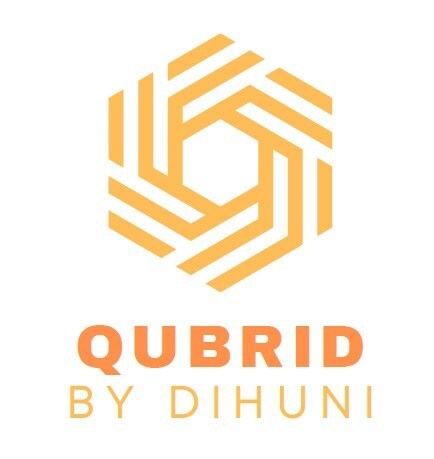Insider Brief
- Dihuni announced it will launch Qubrid, a flexible platform for quantum and machine learning/AI develpers.
- Qubrid integrates the widely adopted Qiskit framework and other open tools.
- Qubrid helps users to harness quantum computing alongside classical computing to solve complex computational challenges.
PRESS RELEASE — Dihuni, a leading Artificial Intelligence (AI), Data Center and Internet of Things (IoT) solutions company, announced the launch of Qubrid platform for advancement of Quantum Computing.
Qubrid is a highly flexible platform for Quantum and Machine Learning/AI developers to program in the framework of their choice and then deploy it on a Quantum Processing Unit (QPU) and/or Graphics Processing Unit (GPU) backends. Qubrid enables users to harness the computational advantages of quantum computing alongside classical computing to solve complex optimization problems, perform simulations and conduct data analysis at unparalleled speeds and accuracy. Qubrid integrates the widely adopted Qiskit framework and other open tools to allow developers to write algorithms based on their choice.
“Qubrid was built with the mission of simplifying and accelerating the use of Quantum Computing for scientific and commercial applications. Our leadership and expertise in Classical GPU and CPU based computing for HPC, Deep Learning and Generative AI helps us take a pragmatic approach to Quantum” said Pranay Prakash, Chief Executive Officer at Dihuni. We understand that both Classical and Quantum computers will co-exist, and our customers would be able to leverage benefits of both from one unified platform. We are super excited to be part of this growing industry and look forward to developing partnerships for a stronger quantum eco-system and to offer customers open choices of programming and deployment.”

The Qubrid platform has been launched with its own independent website. Developers can sign up today to access and use the platform to run new or existing applications by visiting:
For more market insights, check out our latest quantum computing news here.















